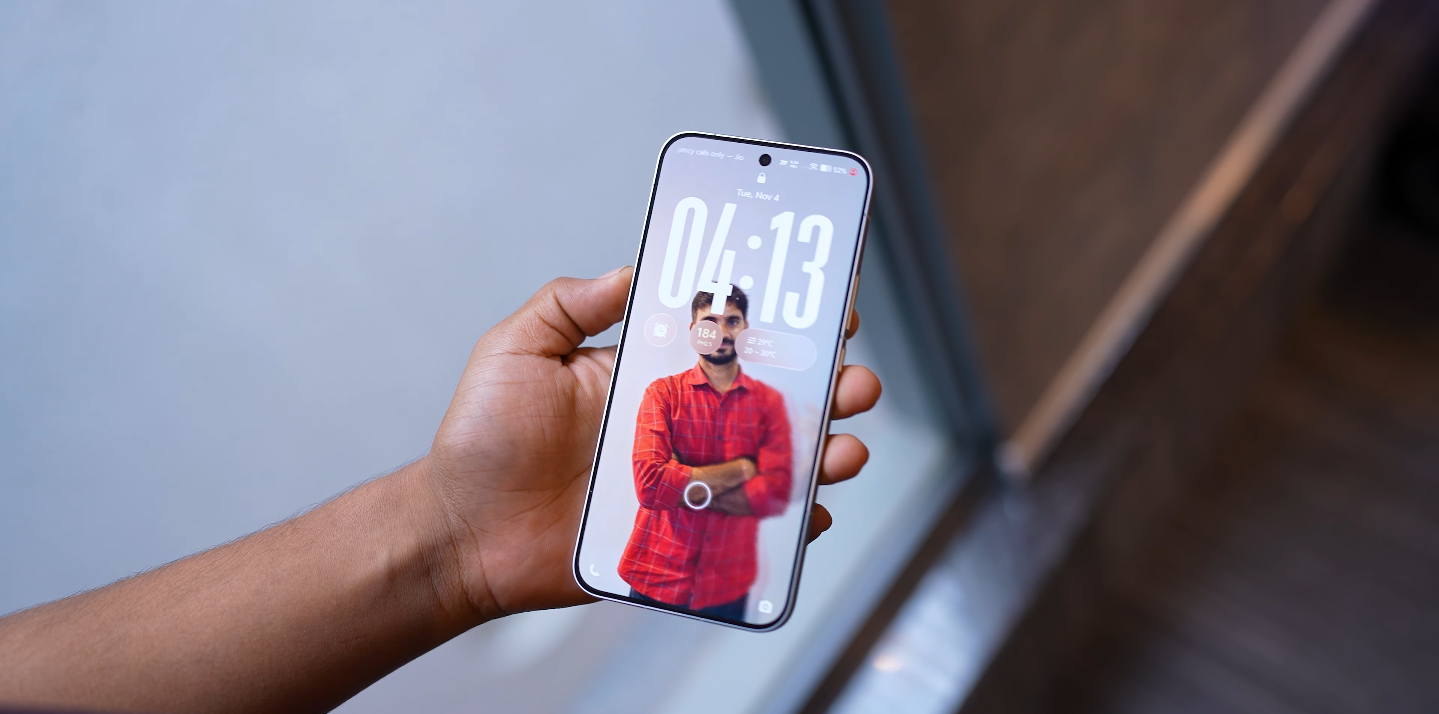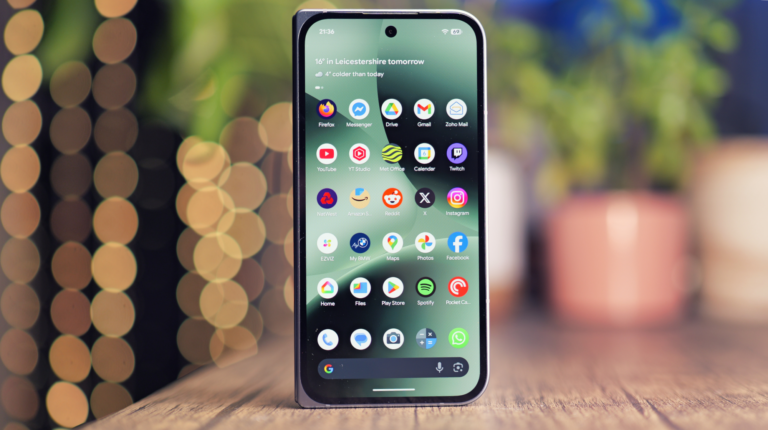How Origin OS handles privacy controls for UK users

British focus on security frameworks in vivo’s software
UK interest around OriginOS is increasingly centered on how the system handles privacy controls, because British users place strong value on daily transparency when apps request access to personal data. In the UK market, data permissions, location handling, microphone access, and on-device security behavior are treated as core purchase considerations, not optional software extras. So when UK observers look at OriginOS privacy behavior, the first reaction is that the system appears more structured than before. They say it shows clearer status indicators, faster permission toggles, and more direct labels that help users see when sensitive device sensors are active. UK users prefer privacy options that are easy to find in one place, and OriginOS is now putting more of those options inside a central settings view where permissions can be accessed without multiple menu layers.
Analysts in Britain also point out that OriginOS builds its privacy layer on top of Google’s standard Android permission model, because Android certification rules apply to global smartphones and require consistent behavior across verified builds. This is an important context point for UK readers. No matter how an OEM re-skins an interface, the underlying permission negotiation must follow the Android guidelines for toggles and alerts. So when OriginOS displays prompts for camera or mic access, those pop-ups must follow Android compliance frameworks. That means UK users can expect familiar permission alerts when apps request location services, media access, or Bluetooth usage. The British interpretation is that consumers should see privacy prompts that feel similar to what they have already experienced on other Android phones sold officially in the UK.
UK discussion also highlights the importance of background-access warnings, because British consumers evaluate whether software clearly indicates when apps are still working behind the scenes. OriginOS is now using clearer graphic indicators for ongoing access to location or sensors, instead of passive icons that are easy to ignore. British tech voices say this can help reduce anxiety about invisible processes. Many UK users care more about passive activity alerts than bold advertising slogans, because background access is where privacy risks often hide. The simple ability to quickly identify which app is still active gives users more confidence in daily security.

British commentary also says that privacy dashboards are now easier to interpret in the latest OriginOS structure. Instead of abstract visual elements, the dashboard now uses direct category buckets such as location, microphone, and camera. UK readers say this structure helps ordinary users track whether a certain app is asking for too many privileges compared to its purpose. British consumers often follow a straightforward rule: fewer permissions creates more trust. OriginOS seems to support this logic by giving more granular toggle control and by showing permission history patterns in a simpler visual design. That makes audits more reachable for non-technical users in the UK.
There is also UK focus on how OriginOS containers private data inside on-device secure sections. British analysts say this relates to file privacy and local user vaults that store sensitive material inside encrypted zones. These secured areas are not a new concept in global Android space, but reviewers note that OriginOS now treats these zones as core system features rather than optional modules. It means British users who need private media protection do not have to rely on third-party solutions to isolate sensitive content. The UK reading is that this approach signals maturity, because encryption at OS level is treated as a default expectation rather than an add-on feature.
However, UK analysts emphasise an important caveat. True privacy confidence in Britain will still depend on what happens after global rollout. The latest OriginOS builds originate in China, and real privacy behavior for British users can only be measured once the firmware moves through regional certification, carrier checks, and UK-specific compliance conditions. In other words, while the privacy controls appear stronger and more structured, data handling confidence must be verified in the British environment where regulatory frameworks are stricter than many other regions. UK coverage therefore sees the privacy features as promising, but still dependent on stable rollout.
Overall, the UK interpretation is that OriginOS is moving closer to Western privacy expectations by simplifying permissions, clarifying active sensor use, and making privacy data easier to monitor from one place. British analysts see this direction as evidence that vivo wants to build more trust with global audiences. If the UK rollout maintains consistency and matches the structured privacy controls shown in current builds, UK users may view OriginOS as more reliable than earlier versions, and this could become a core selling point for vivo devices in competitive Western markets.
Also Read: iQOO 15 may arrive in the UK sooner than expected






